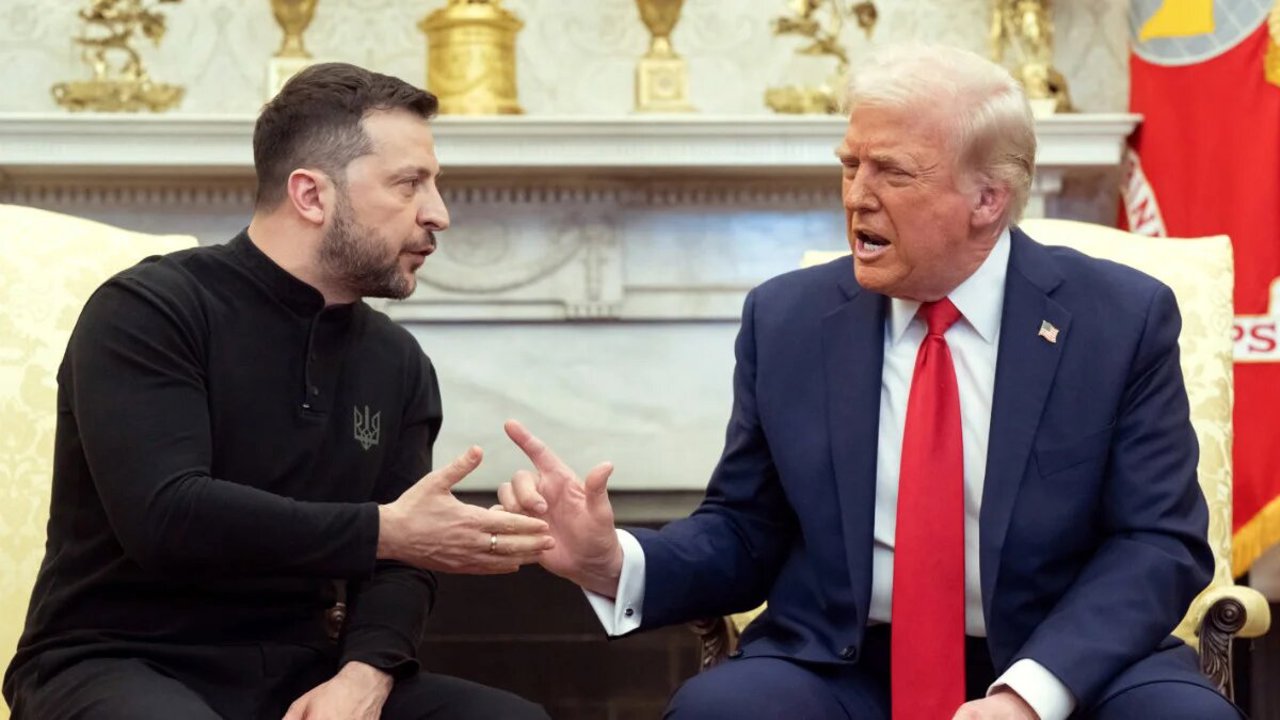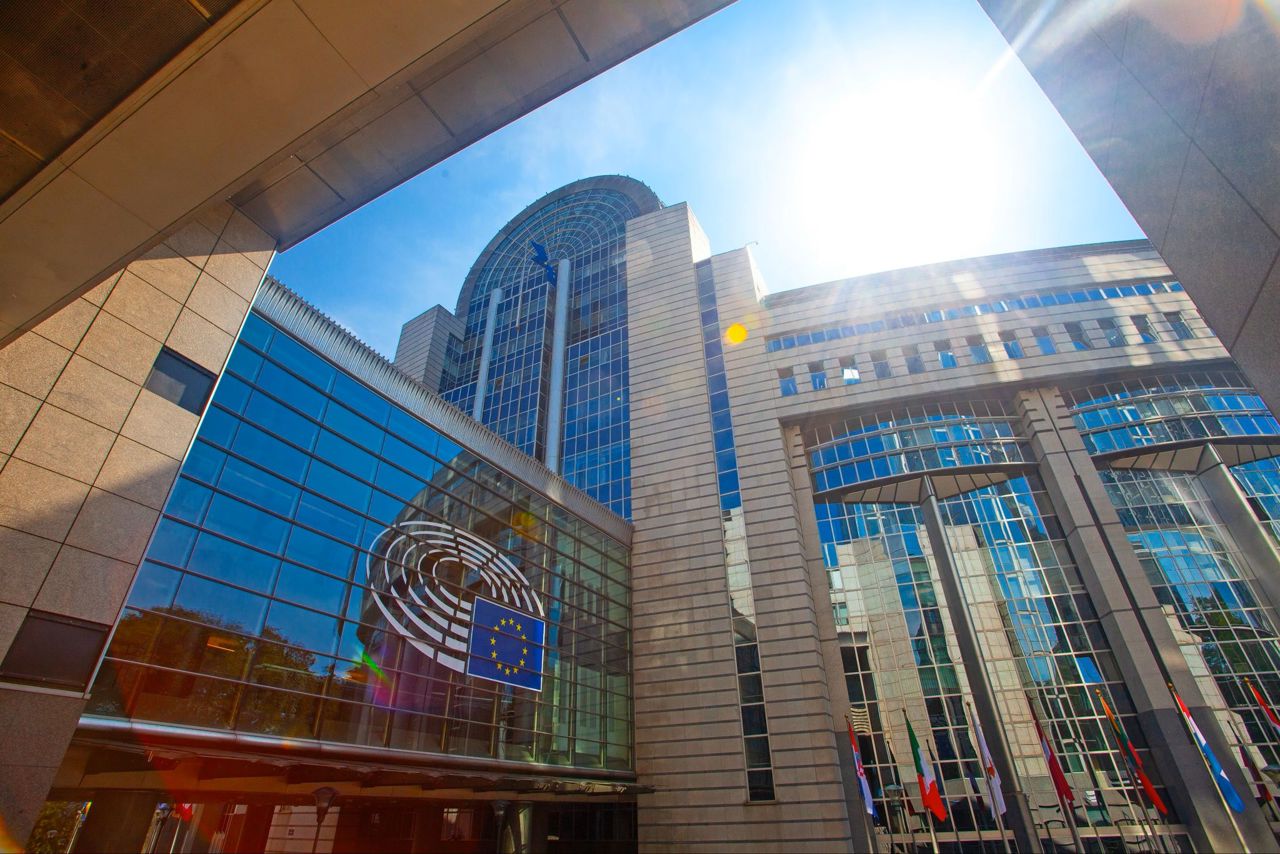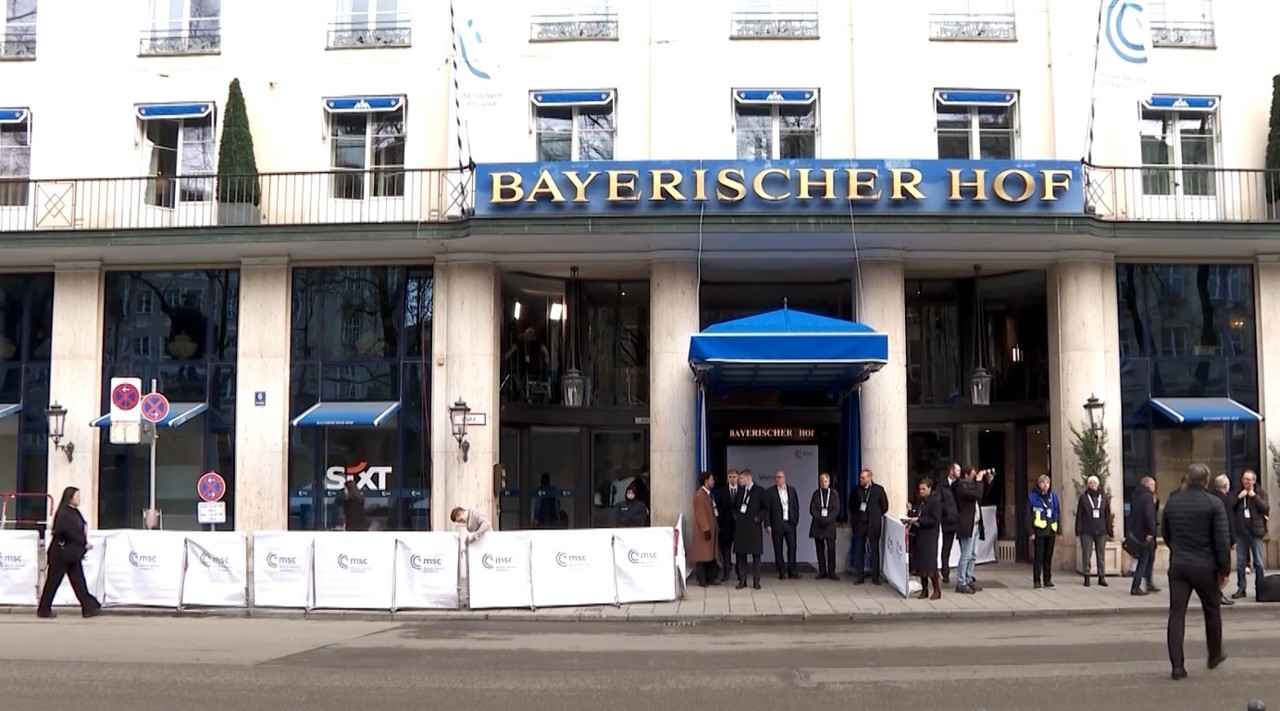Trump-Zelensky meeting sparks international tensions
The tense discussions between the U.S. President Donald Trump and his Ukrainian counterpart, Volodymyr Zelensky, held in the Oval Office, sparked international reactions.

Political analyses have spoken of the major implications of this exchange. The meeting at the White House revealed the alignment of American leaders with Russia and their antipathy toward Ukraine, writes The Atlantic, while Radio Free Europe raises questions about the future of American aid to Ukraine and the possibility of a peace agreement with Russia.
The Atlantic notes in an extensive analysis that a false public friendship between Trump and Vance, followed by backstage betrayals, would have been much more dangerous for Ukraine's cause. Instead, Trump and Vance demonstrated to the American people and America's allies their alignment with Russia and general antipathy toward Ukraine, especially toward President Zelensky.
"The truth is harsh, but we must confront it. The meeting disproved any claim that this administration's policy was motivated by a strategic effort to advance the interests of the United States, no matter how misguided. Trump and Vance displayed extremely personal hatred in the Oval Office. There was no attempt to support American interests," writes the author of the analysis, David Frum.
According to him, we are witnessing "self-sabotage" by the United States.
"America voted earlier this week at the United Nations against Ukraine, aligning itself with Russia and China against nearly all other democracies. Is this what Americans want to become?" asks Frum, emphasizing that this is, in fact, the path America is heading toward. He stresses that America's allies urgently need a "Plan B" for collective security in a world where the U.S. administration prefers Vladimir Putin over Zelensky.
Radio Free Europe highlights that one of the conclusions from the "disastrous" meeting in the Oval Office is that, beyond the uncertain fate of the natural resource pact, there are significant uncertainties regarding the future of U.S. aid to Ukraine and any potential agreement that could stop or end Russia's war in Ukraine.
"The most important question is whether the United States will suddenly turn its back on Ukraine—cutting or reducing the ongoing military aid, for example—or whether it will move forward with efforts to reach a ceasefire or peace plan with Russia, abandoning Kyiv," the article states.
Another conclusion is that the dispute in the Oval Office diminishes the chances of a "just peace" and could deepen the rift between the U.S. and Europe, after many European leaders expressed solidarity with Ukraine.
"If Zelensky's meeting had gone well, it could have brought greater unity between the U.S. and Europe. But the opposite may happen after the dispute in the Oval Office, which quickly reignited transatlantic tensions, while many European leaders expressed their solidarity with Ukraine," the source adds.
The heated dispute in the Oval Office on Friday evening was also discussed in Romania. Mihai Costache, one of Romania's leading military analysts with extensive knowledge of the former Soviet space, according to Ziarul de Iași, argues that Trump tried to impose an armistice favoring Russia, and Ukraine's behavior, along with that of its leader, negatively impacted U.S. foreign policy. Costache suggests that although Trump found himself in a delicate position abroad, he was not manipulated by Putin, but by Zelensky.
"Abroad, Trump has only three cards left: a) China; b) tariffs for the EU; and c) the World War III card, which he played today, clearly out of desperation. It will be quite amusing to see how Americans try to prevent a world war that isn’t happening."
It is worth noting that Ukrainian President Volodymyr Zelensky was in Washington on Friday for his first official visit to the White House since Donald Trump assumed office. The discussions were marked by unprecedented tensions after Trump accused the Kyiv leader of being ungrateful and playing with the threat of World War III. The agreement on Ukraine's minerals fell apart, and the press conference scheduled after the meeting was called off.
Translation by Iurie Tataru





